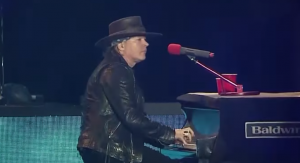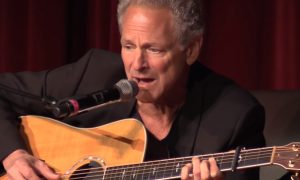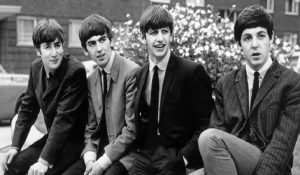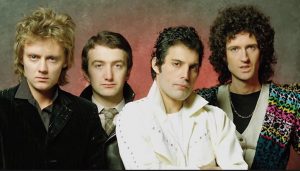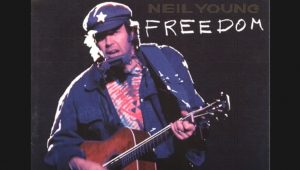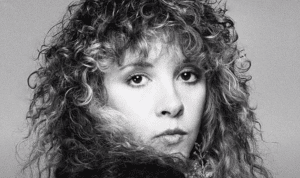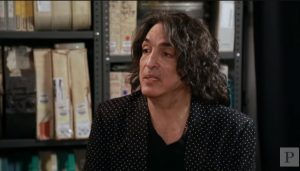The Reason Eagles Didn’t Like “Greatest Hits Vol.2”
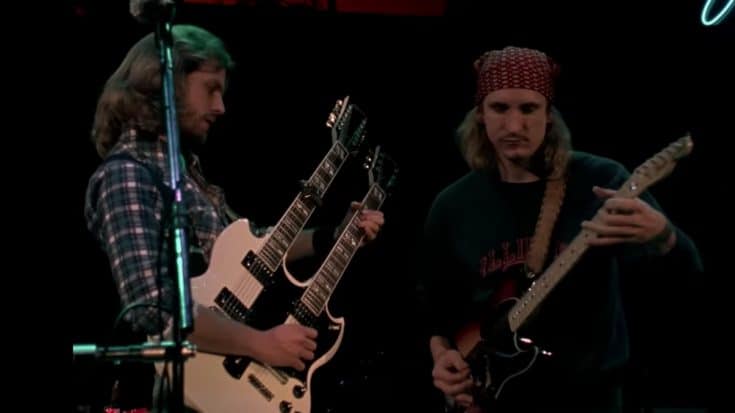
Youtube @EaglesBand
In the aftermath of the Eagles’ dramatic disbandment in 1980, the group’s key members, Don Henley and Glenn Frey, were keen on establishing themselves as solo artists.
However, their plans took an unexpected turn with the release of Eagles Greatest Hits Volume 2 on November 13, 1982. As their former record label, Asylum Records, sought to capitalize on the band’s legacy, Henley and Frey found themselves in an unwanted competition with their own past.
Asylum Records’ desire to capitalize on their no-longer-active gold mine is understandable. During the latter part of the ’70s, the Eagles experienced their peak, propelled by the soaring success of Hotel California in 1976 and the substantial, albeit imperfect, sequel, The Long Run, in 1979.
Even their obligatory post-disbandment release, Eagles Live, which hit the shelves in November 1980, swiftly achieved platinum status within a mere two months.
Eagles’ success and the compilation craze
The Eagles had reached the pinnacle of success in the late ’70s, driven by Hotel California and The Long Run. Their previous compilation, Their Greatest Hits (1971–1975), had already become the best-selling album in the United States.
Their Greatest Hits (1971–1975) served as a defining marker, delineating the transition from Eagles’ country-rock roots to their more indulgent and robust second phase. Given the quasi-greatest-hits nature of Hotel California, it was only logical to commemorate this latter period.
Consequently, it came as no surprise that eight out of the ten tracks featured on Greatest Hits Volume 2 were meticulously selected from the band’s two latest studio albums at that juncture.
Despite its perceived cash-grab nature, the compilation turned out to be a commercial success, outperforming the solo efforts of Henley and Frey.
Solo aspirations and unforeseen frustrations
As Henley and Frey embarked on their solo careers with debut albums in 1982, they faced unexpected challenges.
Frey’s No Fun Aloud and Henley’s I Can’t Stand Still achieved respectable success, but the duo found themselves overshadowed by their own band’s compilation. Eagles Greatest Hits Volume 2, released without their consultation or consent, became a formidable chart rival during the holiday season.
The frustration of competing against their own legacy and a recognizable brand became evident, especially considering their deliberate anonymity during the Eagles’ peak.
“I had a gold album and a gold single… I was moderately satisfied,” Henley remarked.
Eagles, Solo Careers, and a Reunion Forecast
Despite Eagles Greatest Hits Volume 2 peaking at only No. 52 on the Billboard 200, it endured with sustained popularity, ultimately earning the prestigious 11-times platinum certification from the RIAA
Nevertheless, this success did not immediately prompt a reunion among the Eagles.
When questioned in 1980 about the possibility of the old band getting back together, Henley wittily remarked, “Yeah, sure, when hell freezes over.”
This clever retort later served as inspiration for the title of the band’s 1994 live reunion album, marking their first collaborative release since the release of Greatest Hits Volume 2.




